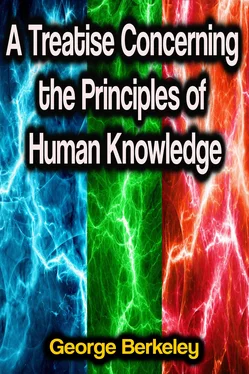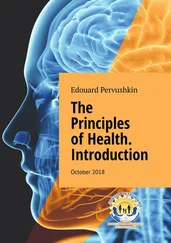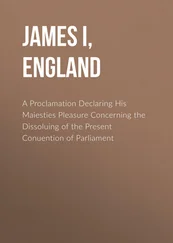22 First, I shall be sure to get clear of all controversies purely verbal- the springing up of which weeds in almost all the sciences has been a main hindrance to the growth of true and sound knowledge. Secondly, this seems to be a sure way to extricate myself out of that fine and subtle net of abstract ideas which has so miserably perplexed and entangled the minds of men; and that with this peculiar circumstance, that by how much the finer and more curious was the wit of any man, by so much the deeper was he likely to be ensnared and faster held therein. Thirdly, so long as I confine my thoughts to my own ideas divested of words, I do not see how I can easily be mistaken. The objects I consider, I clearly and adequately know. I cannot be deceived in thinking I have an idea which I have not. It is not possible for me to imagine that any of my own ideas are alike or unlike that are not truly so. To discern the agreements or disagreements there are between my ideas, to see what ideas are included in any compound idea and what not, there is nothing more requisite than an attentive perception of what passes in my own understanding.
23 But the attainment of all these advantages doth presuppose an entire deliverance from the deception of words, which I dare hardly promise myself; so difficult a thing it is to dissolve an union so early begun, and confirmed by so long a habit as that betwixt words and ideas. Which difficulty seems to have been very much increased by the doctrine of abstraction. For, so long as men thought abstract ideas were annexed to their words, it doth not seem strange that they should use words for ideas- it being found an impracticable thing to lay aside the word, and retain the abstract idea in the mind, which in itself was perfectly inconceivable. This seems to me the principal cause why those men who have so emphatically recommended to others the laying aside all use of words in their meditations, and contemplating their bare ideas, have yet failed to perform it themselves. Of late many have been very sensible of the absurd opinions and insignificant disputes which grow out of the abuse of words. And, in order to remedy these evils, they advise well, that we attend to the ideas signified, and draw off our attention from the words which signify them.
But, how good soever this advice may be they have given others, it is plain they could not have a due regard to it themselves, so long as they thought the only immediate use of words was to signify ideas, and that the immediate signification of every general name was a determinate abstract idea.
24 But, these being known to be mistakes, a man may with greater ease prevent his being imposed on by words. He that knows he has no other than particular ideas, will not puzzle himself in vain to find out and conceive the abstract idea annexed to any name. And he that knows names do not always stand for ideas will spare himself the labour of looking for ideas where there are none to be had. It were, therefore, to be wished that everyone would use his utmost endeavours to obtain a clear view of the ideas he would consider, separating from them all that dress and incumbrance of words which so much contribute to blind the judgment and divide the attention. In vain do we extend our view into the heavens and pry into the entrails of the earth, in vain do we consult the writings of learned men and trace the dark footsteps of antiquity- we need only draw the curtain of words, to hold the fairest tree of knowledge, whose fruit is excellent, and within the reach of our hand.
25 Unless we take care to clear the First Principles of Knowledge from the embarras and delusion of words, we may make infinite reasonings upon them to no purpose; we may draw consequences from consequences, and be never the wiser. The farther we go, we shall only lose ourselves the more irrecoverably, and be the deeper entangled in difficulties and mistakes. Whoever therefore designs to read the following sheets, I entreat him to make my words the occasion of his own thinking, and endeavour to attain the same train of thoughts in reading that I had in writing them. By this means it will be easy for him to discover the truth or falsity of what I say. He will be out of all danger of being deceived by my words, and I do not see how he can be led into an error by considering his own naked, undisguised ideas.
Конец ознакомительного фрагмента.
Текст предоставлен ООО «ЛитРес».
Прочитайте эту книгу целиком, купив полную легальную версию на ЛитРес.
Безопасно оплатить книгу можно банковской картой Visa, MasterCard, Maestro, со счета мобильного телефона, с платежного терминала, в салоне МТС или Связной, через PayPal, WebMoney, Яндекс.Деньги, QIWI Кошелек, бонусными картами или другим удобным Вам способом.












